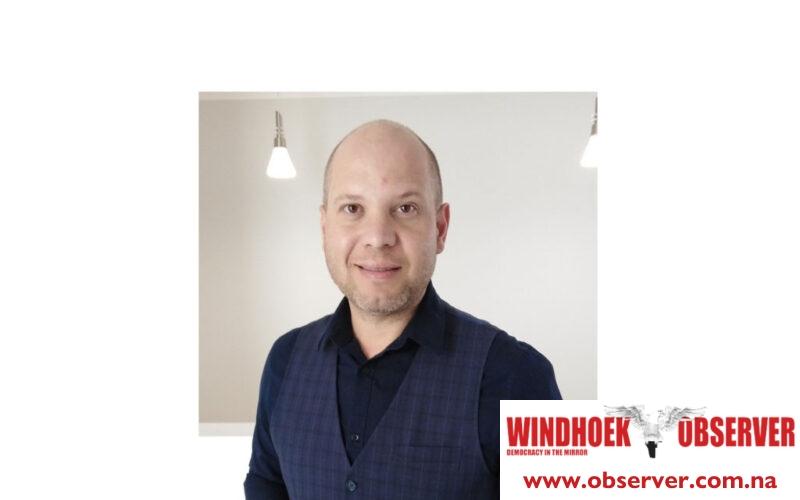Niël Terblanché
As Namibia confronts daunting healthcare challenges, especially with an increased number of people diagnosed with cancer, enhanced oncology services become not just a matter of policy reform but a moral imperative to safeguard the health and well-being of people.
The Chief Executive Officer of the Cancer Association of Namibia, Rolf Hansen, has raised a pressing concern about the country’s escalating cancer rates and the urgent need for improved oncology services and care, especially for the financially vulnerable populations.
This call to action comes in light of alarming statistics that show that Namibia currently has to deal with an average of more than five thousand new cancer cases annually
Hansen said the situation demands immediate and innovative healthcare solutions.
He stressed the necessity for a multi-faceted approach to healthcare reform, advocating for the implementation of universal healthcare and the revitalization of the state healthcare system.
These steps are seen as crucial in ensuring that all Namibians, regardless of their financial standing, have access to quality cancer treatment and care services.
Namibia’s cancer statistics paint a concerning picture, with the prevalence of prostate cancer at 63.8 percent, breast cancer at 53 percent, and cervical cancer at 33.5 percent.
These rates are significantly higher than the averages recorded across Africa, where prostate cancer rates stand at 30 percent, breast cancer at 40.6 percent, and cervical cancer at 26.4 percent.
This disparity underscores the unique challenges faced by Namibia in the fight against cancer and highlights the critical need for targeted oncology services.
The International Agency for Research on Cancer’s report for 2022, which documented over 3,400 life-threatening cancers in Namibia, further underscores the gravity of the situation.
These figures not only reflect the growing burden of cancer on the country’s healthcare system but also the profound impact on families and communities across Namibia.
Hansen’s call went out to stakeholders at all levels from government authorities to international partners and the private sector.
He requested role players to come together in a concerted effort to address this healthcare crisis.
“The focus on developing comprehensive cancer care strategies, including prevention, early detection, and effective treatment, is essential in mitigating the impact of this disease on the Namibian populace,” he said.
The Cancer Association of Namibia’s advocacy for change is an essential step towards ensuring that every Namibian has the opportunity to fight cancer with dignity, hope, and access to the care they desperately need.




